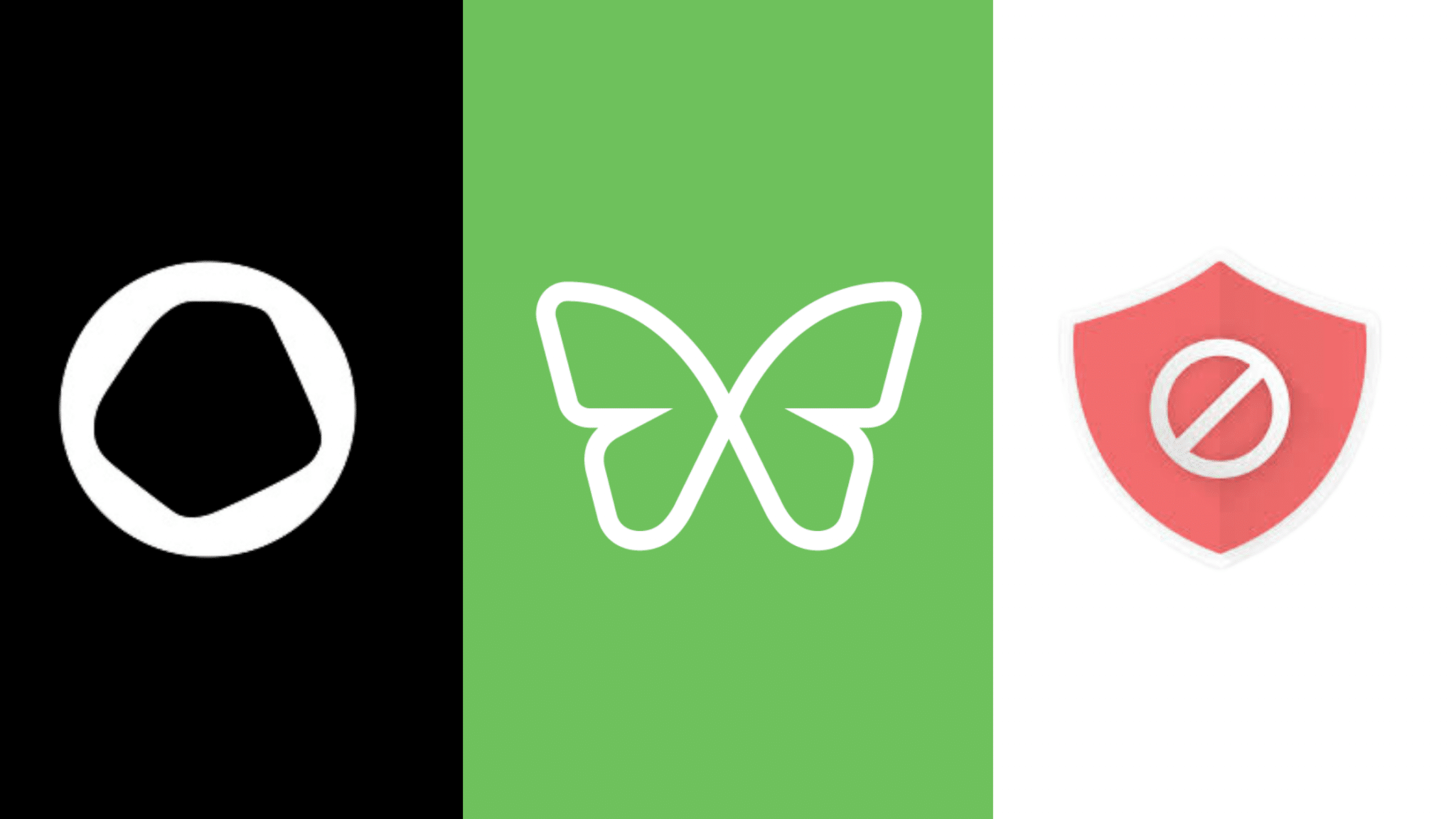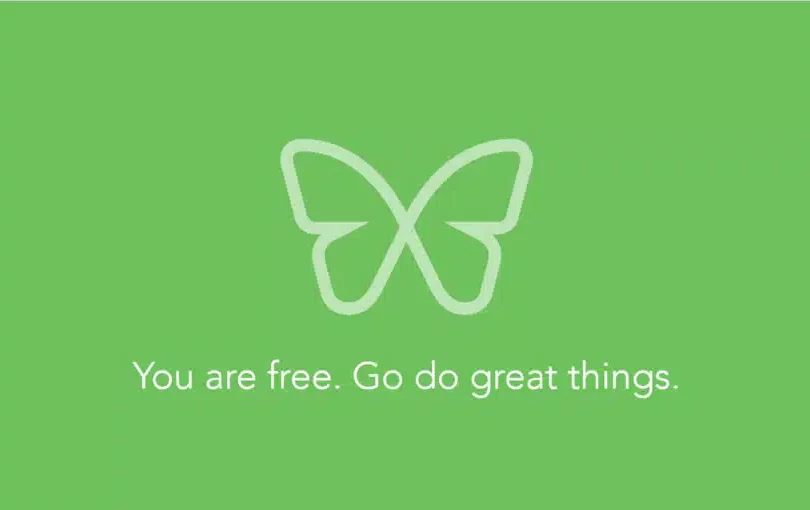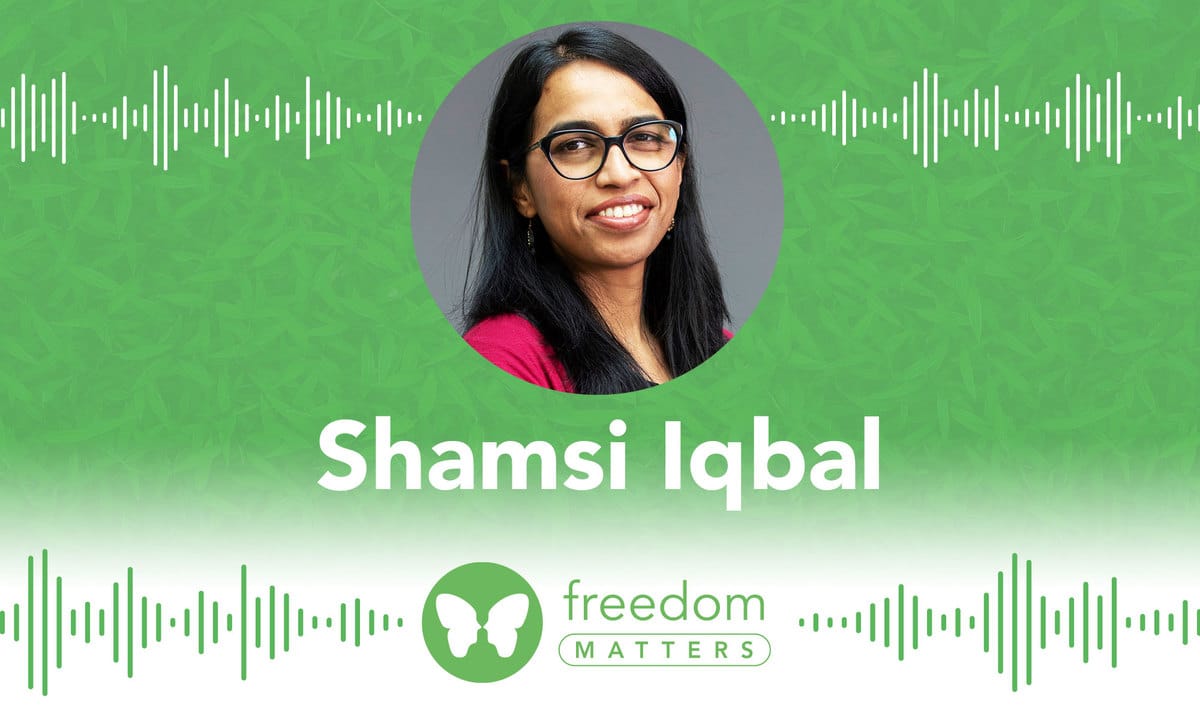Freedom Matters & The Future of Work

A summary of our future of work series
If there is one thing to take away from our Future of Work series, it is this: knowledge work is changing.
The pandemic has accelerated a transition to a world where, enabled by technology, we can work remotely, asynchronously, less, and for the first time, genuinely flexibly. As knowledge workers, artists, writers, and creators, we can structure our work around our lives, finding moments where we will do our best work alongside building a meaningful and fulfilling life.
The problem? The road ahead is bumpy. Historically, the systems which govern the way we work have been promoted as the ultimate route to productivity. The cogs of factory efficiencies have been lifted and applied to the human mind. Reimagining the best ways to work means breaking away from deep-set beliefs about what constitutes ‘hard work’ versus good work, how to organize large teams, and how to maximize productivity.
Those who want to lead in a new future of work will be prepared for unpredictability. This is a new land where collaboration is honored above competition and success is rooted in meaning.
In addition, the workforce is already under pressure. The juggle of the past years has resulted in attrition from the workforce, a question over commitments to ‘wellbeing at work’, and a growing dissolution with the cost of a career when it comes before everything else.
Individuals and organizations that want to lead in a new future of work will be prepared for unpredictability. This is a new land, where collaboration is honored above competition, where success is rooted in meaning, where business growth is more than 6-month shareholder returns. It is sustainable.
In the future, success comes when we recognize the unique characteristics of humankind. We are not machines. We are living beings capable of unimaginable creativity, empathy, and connection. Technology will play an important role in this shift. It allows us to work asynchronously, remotely, and more productively. But we have to be cautious. To date, the promise of technology-delivered efficiencies has resulted in communication overload, spiraling to do lists, and inevitably, burnout.
We are not machines. We are living beings capable of unimaginable creativity, empathy, and connection.
The future of work is about building new systems to support and nourish the uniqueness of what it means to be human.
The future of work is about building new systems to support and nourish the uniqueness of what it means to be human. Here, technology can be used consciously to build us up. The digital clutter, distractions, and overwhelm become a thing of the past. We are free to connect when we need to; intentionally, mindfully, effectively. Most importantly though, we are then able to step away from the distractions, information and overwhelm, to focus on the work that matters.
Tune in to episodes from across the series to find out more:

Working Solo
Rebecca Seal is a journalist, occasional TV presenter, podcast host, and author of 11 books. Her most recent, SOLO: How to Work Alone (And Not Lose Your Mind) is the focus of this episode, where we dive into philosophical and practical advice on how to work alone.
We cover:
- Why passion for your work can be a problem
- How meaning can be found in all forms of work and life
- The money trap
- How to work solo but never alone
- Resilience for solo workers
- How to fuel your body for work

Working Smarter
Dr. Shamsi Iqbal is a Principal Researcher in Microsoft’s Modern Work Transformation Org, where she is on the frontline of research, investigating productivity, attention, and the future of work. In this episode, we explore the future of work with Shamsi, through the eyes of productivity research.
We discuss:
- Micro-Moments
- The Triple Peaks of Productivity
- Where AI does (and doesn’t belong)
- Technology for Hybrid Work
- The Role of Technology in the Future of Work

Working Shorter
Alex Pang is an advocate of the 4-day workweek and has spent two decades studying people, technology, and the worlds they make. A Silicon Valley-based futurist and consultant, he is also a best-selling author. We explore how a shorter working week can address problems with low productivity, poor mental health, and unequal working opportunities.
We discuss:
- Why companies are moving to a ‘shorter’ week
- How working less increases creativity, productivity and reduces burn-out
- What culture changes are needed to move to a 4DWW
- How a shorter working week fits with the future of work

Working Remotely
Chase is the Head of Remote at Doist, a pioneer of distributed work that specializes in productivity software. He has worked remotely for over 12 years, as one of Doist’s 100 employees in 35 countries. He is a regular contributor, instructor, and consultant to many of the leading remote work organizations and publications, as well as the host of his own podcast.
We discuss:
- How the remote-first and hybrid businesses, are becoming widespread
- The key principles for operating a remote organization
- How to work asynchronously, successfully
- Why hiring has to change for remote work
- How remote work is about giving your employees both a great job and a great life.

Working Flexibly
Charlie writes the newsletter, Galaxy Brain for The Atlantic, where he is a Contributing Writer, and he is co-author of Out of Office – with his partner Anne Helen Peterson.
The book describes how workers and employers around the world are finding new ways of working that make people happier and more productive, and make companies more profitable.
We discuss:
- what’s broken with how we currently work,
- how flexibility has historically benefited organizations, not employees
- why Gen Z are looking for a new relationship with work
- how to rethink our relationship with the office
- new ways of working for the future

Working in a Cave
Jeremy Redleaf is an Emmy Award-winning artist, entrepreneur, and co-founder of Caveday – the world’s most focused community. Their research-backed method is used by workers and companies in over 40 countries to do better work in less time with fewer distractions.
We dive into philosophical and practical advice on how setting the right conditions for flow is essential – and how working ‘in a cave’ with other people can achieve many of the things we need.
We Discuss:
- the importance of minimalism at work
- the power of rituals for shifting mindset
- how to achieve flow, and what athletes can teach us about it
- building deep connections via zoom, whilst avoiding zoom fatigue
- …and Jeremy’s thoughts on Future of Work (spoiler: if you are living it, you’re not going back)

Deep Work & Inspired Rest
Alicia Navarro is a serial tech entrepreneur with a passion for product, brand, design, and culture. In 2018 she stood down from her role as Skimlinks CEO and went on a journey to find her next venture. On that journey, she became frustrated by the lack of creative spaces for deep work. And so her latest company, Flown, was born. Flown is creating deep work places and spaces for knowledge workers today.
In this episode we discuss:
- how to put Cal Newport’s theory of Deep Work in to practice
- how to change corporate culture to embrace inspired rest
- why saying no as an entrepreneur, maybe the best thing you can do.

Are you Futureproofed?
Kevin Roose is an award-winning technology columnist for the New York Times and the New York Times bestselling author of three books: Futureproof, Young Money, and The Unlikely Disciple. He has also hosted Rabbit Hole, a New York Times-produced podcast about internet culture.
We discuss:
- his own tortured relationship with technology, and why he describes himself as a sub-optimist
- what led him to write Futureproof,
- the nine rules which will help us to reclaim autonomy in an age of AI

A World Without Email
Cal Newport is a computer science professor at Georgetown University and a New York Times bestselling author of seven books, including Digital Minimalism and Deep Work. His work focuses on the intersection of digital technology and culture, and he is particularly interested in our struggle to deploy technology in ways that support, instead of subvert the things that we care about.
In this episode we focus on his latest book, A World Without Email, to discuss:
- Why is email such a problem?
- How do workflows need to change to support a better work environment?
- What does the future of work look like, and is there a place for email?

Burnout, Humanity and The Culture of You
Jonathan Garner is the founder of Mind Over Tech, which helps people embrace technology with intention through live sessions and scalable online programs. In this conversation, we discuss the evolution of work and how companies now need to invest in their teams in new ways
We cover:
- the reality of burnout in a pandemic
- the challenges of a new hybrid working environment
- why companies need to invest in the culture of individuals

Sprints, Breaks & Async Work Done Well
John Zeratsky is a co-founder and general partner at Character, where he supports technology startups with capital and sprints. He is the bestselling author of Sprint and Make Time, and a former design partner at GV.
- how the principles of ‘Sprint’ are applicable across life other steps to ‘Make Time’
- his views on the future of work – and of asynchronous work done well

The Future of Work
Fred Stutzman is the Founder and CEO of Freedom, which is developing the essential toolset for the future of focused work. In a distraction-first world, we believe that the ability to reliably and consistently do focused, deep work is a differentiating skill set.
In this episode, we reflect on Fred’s own thoughts on the future of work, how the Freedom team is organized to embrace asynchronous, remote working, and some of his favorite insights from our most recent series.
We cover:
- what initially attracted Fred to building a productivity tool
- reflections on his own productivity
- how Freedom works in an asynchronous remote way (and the roles of Trello, Slack, and email in all that)
- why 4 Day Work Weeks are better than holidays
- the tension between new ways of working, and the return to the office as a celebration of normalcy
- the role of office and workplaces in the future of work


